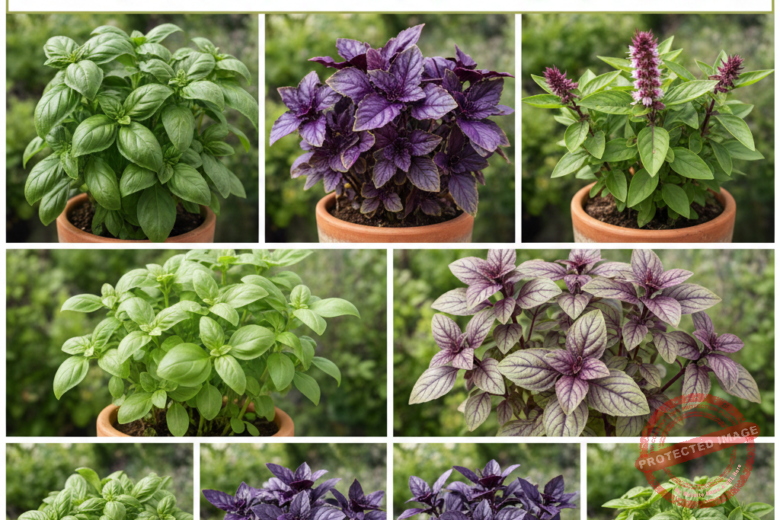Goldenberry is known with a lot of health benefit which we will be looking at in this article. Firstly, we will looking at what the plant is and what it can be used for.
Physalis peruviana, commonly known as goldenberry, Cape gooseberry, or Peruvian groundcherry, is a small but mighty fruit that has gained worldwide recognition for its unique flavor, nutritional profile, and versatile uses. Native to the Andes of South America, this vibrant golden fruit is encased in a delicate, papery husk that hints at its exotic appeal. Beyond its delicious taste, goldenberries are packed with remarkable benefits and have found their way into a wide array of culinary, medicinal, and industrial applications.
The Remarkable Benefits and Uses of Physalis peruviana (Goldenberry)
Nutritional Powerhouse
Goldenberries are a nutrient-dense superfood, offering a combination of vital vitamins, minerals, and antioxidants. Some of their standout nutritional benefits include:
- Rich in Vitamin C: A single serving of goldenberries provides a significant portion of the daily recommended intake of vitamin C, boosting immunity, skin health, and collagen production.
- High in Antioxidants: The fruit is a source of polyphenols and carotenoids, which combat oxidative stress, reduce inflammation, and support overall cellular health.
- Low Glycemic Index: With their natural sweetness and low sugar content, goldenberries are an excellent option for those managing blood sugar levels, such as diabetics.
- Dietary Fiber: Goldenberries support digestive health, helping regulate bowel movements and promoting a healthy gut microbiome.
- Essential Minerals: The fruit is a good source of potassium, phosphorus, and magnesium, essential for heart health, strong bones, and muscle function.
Health Benefits of Physalis peruviana (Goldenberry)
The health benefits of goldenberries extend beyond their nutritional content. Their bioactive compounds have been shown to offer various therapeutic effects:
- Anti-Inflammatory Properties: Compounds such as withanolides found in goldenberries exhibit strong anti-inflammatory effects, making the fruit beneficial for managing conditions like arthritis and asthma.
- Immune System Support: Thanks to its high antioxidant and vitamin C content, goldenberries can strengthen the immune system and help the body fend off infections.
- Cancer-Preventive Potential: Emerging studies suggest that goldenberries may possess anti-cancer properties due to their antioxidant and anti-inflammatory effects, although more research is needed to confirm this.
- Weight Management: With their low calorie and high nutrient density, goldenberries are an excellent addition to weight-loss diets.
Culinary Uses
Goldenberries’ tangy-sweet flavor makes them incredibly versatile in the kitchen. They can be enjoyed fresh or used in a variety of recipes:
- Snacks: Enjoy goldenberries as a healthy, stand-alone snack or pair them with nuts and seeds for a trail mix.
- Desserts: Incorporate them into tarts, cheesecakes, or jams for a unique twist.
- Salads and Sauces: Their tartness complements savory dishes, making them a great addition to salads, chutneys, and sauces.
- Drinks: Blend them into smoothies or use them to infuse water, teas, and cocktails with their refreshing flavor.
- Preserves: Dehydrated goldenberries are a convenient and long-lasting snack.
Medicinal and Industrial Uses
Goldenberries have been used traditionally in South American medicine for centuries. Modern research is uncovering even more ways this fruit can contribute to health and well-being:
- Traditional Remedies: Goldenberries have been used in folk medicine to treat conditions such as respiratory issues, kidney disorders, and skin problems.
- Pharmaceutical Applications: Withanolides from goldenberries are being studied for their anti-inflammatory and anti-tumor properties, which could lead to new medicinal products.
- Natural Dyes: The fruit’s vivid color is sometimes utilized as a natural coloring agent in the food and textile industries.
Cultivation and Sustainability
Goldenberries are relatively easy to cultivate, thriving in a variety of climates. Their resilience to pests and diseases, coupled with high yields, makes them an attractive crop for sustainable agriculture. Moreover, as demand for this superfood grows, goldenberry farming has become an economic boon for small-scale farmers in its native regions.
FAQs About Physalis peruviana (Goldenberry)
Aside from what we have talked about above, agrolearner.com is open to looking at frequently asked questions about Goldenberry. Below we have listed 10 FAQs people look for about Goldenberry;
1. What is the best way to eat goldenberries?
Goldenberries can be eaten fresh, dried, or incorporated into various dishes. They make an excellent addition to salads, desserts, smoothies, or savory sauces. For a quick snack, enjoy them raw or mix them with nuts.
2. Are goldenberries good for weight loss?
Yes! Goldenberries are low in calories and rich in dietary fiber, which can help you feel full longer. Their nutrient density makes them an excellent choice for weight management.
3. What are the medicinal benefits of goldenberries?
Goldenberries are known for their anti-inflammatory, immune-boosting, and antioxidant properties. They may also support healthy blood sugar levels, improve digestion, and potentially reduce the risk of chronic diseases.
4. Can goldenberries be eaten raw, or do they need to be cooked?
Goldenberries can be eaten raw as long as they are ripe. Their tangy-sweet flavor makes them a refreshing snack. However, unripe goldenberries may be slightly toxic due to their solanine content and should be avoided.
5. Are goldenberries the same as ground cherries?
Goldenberries and ground cherries are closely related and belong to the same Physalis genus, but they are not the same. Goldenberries (Physalis peruviana) are typically larger, brighter in flavor, and more tart compared to ground cherries (Physalis pruinosa), which are smaller and sweeter.
6. Are goldenberries safe for everyone?
Goldenberries are generally safe for most people. However, those allergic to nightshades (like tomatoes or eggplants) or who have sensitivities to acidic foods should consume them with caution. Always avoid unripe berries as they contain solanine, a potentially toxic compound.
7. How do I store goldenberries?
Fresh goldenberries should be kept in their husks and stored in a cool, dry place. Once the husks are removed, they can be refrigerated for up to two weeks. Dried goldenberries can be stored in an airtight container at room temperature for several months.
8. Where can I buy goldenberries?
Goldenberries are available at specialty grocery stores, farmers’ markets, and online retailers. You can find them fresh, dried, or as an ingredient in products like jams and snacks.
9. Can I grow goldenberries at home?
Yes, goldenberries are relatively easy to grow at home. They thrive in well-draining soil and sunny locations. Their papery husks protect the fruit, making them resistant to pests and diseases. In cooler climates, they can be grown in pots and moved indoors during the winter.
10. Are goldenberries good for diabetics?
Goldenberries is known to have low glycemic index and are high in fiber, making them a suitable choice for individuals managing blood sugar levels. However, diabetics should consume them in moderation and consult their healthcare provider for personalized advice.
Conclusion
Goldenberries are more than just a delicious fruit—they’re a nutritional powerhouse, a versatile ingredient, and a potential game-changer in medicine and sustainability. Whether you’re looking to improve your health, enhance your culinary creations, or support eco-friendly farming, goldenberries are a golden opportunity waiting to be explored.



